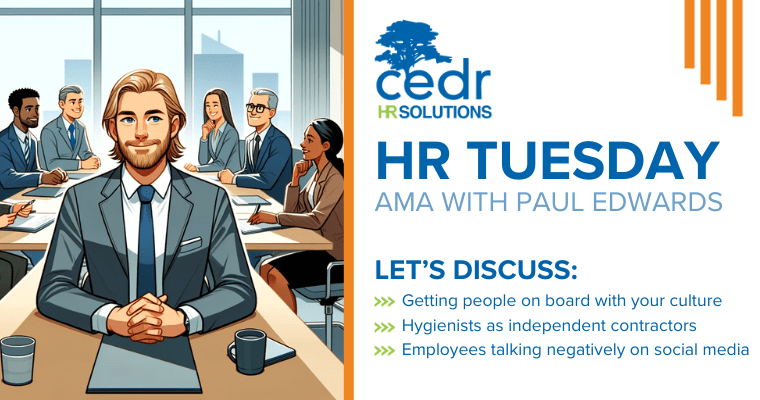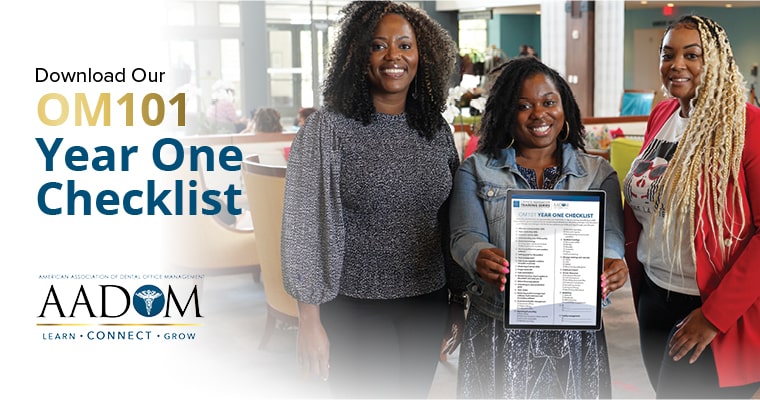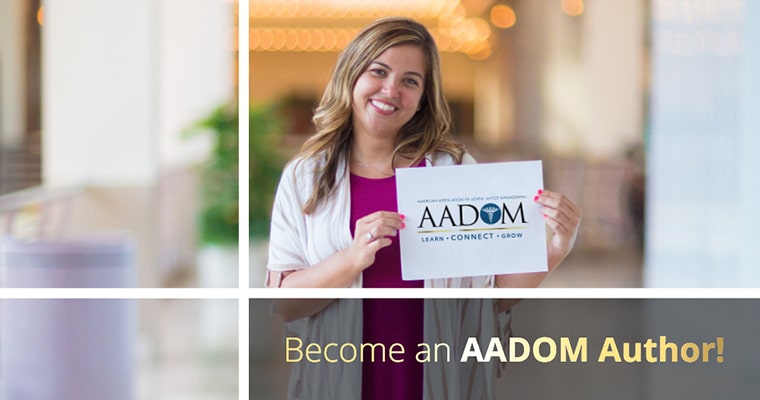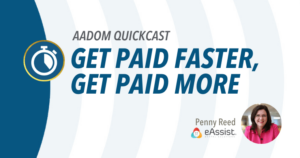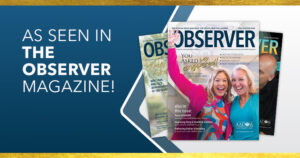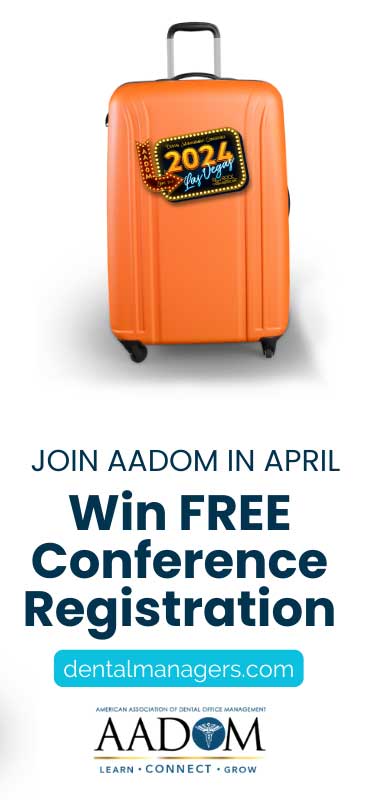Rescue Your Schedule with Strong Communication and Collection Systems

After one doozy of a year for most dental practices in, almost all of us have reopened to full capacity (and in many cases “more-than-full”).
Offices are experiencing a post-COVID surge of patients returning to the office. Initially, it was believed by many dental experts that this surge was simply backlog of being closed for a few months last year.
My personal belief is that people just wanted to get out and see people, even if that meant their dentist or dental hygienist. With heavily packed schedules far out into the future, a new challenge is emerging.
Patients now have personal schedules again. This might include work schedules, kids returning to school, hair and nail appointments, and family events. The dentist isn’t the first priority now because there’s something else they’ve missed more.
A growing problem in the industry
From surveying office managers, there seems to be a trend of schedules becoming super full only to fall apart at the last minute, leaving lost revenue for the practice.
One of the largest losses in revenue to dental offices is missed appointment time. It is something you can never get back. Your providers have to work twice as hard to make it up.
Full schedules that turn into empty schedules are a great big stress for your business team. It absorbs time from other duties that would otherwise offer a greater return for the practice.
As dental managers, we train our teams to go above and beyond to offer patient-friendly appointment times and yet some patients still fail to show or cancel appointments last minute leaving us with hard-to-fill openings.
Nothing is more frustrating than having patients wait weeks for an appointment only to have a schedule fall apart the same day.
It seems that it has become an expectation from our patients that it is our job to do anything and everything to please them and to work with everything they throw at us.
We get to do this for the pleasure of completing their “free cleaning”.
In heavy PPO practices, we hope to actually be reimbursed 50-80% of our fee for that service while continuing to employ high level team members at decent pay rates, using the best materials available.
We also get to hear patients say “I’ll think about it” when proposing comprehensive dental care services such as restorative treatment or periodontal therapy.
Making a change
How do we change this in our practices and put our team members back in the driver’s seat? How do we make sure our schedules are full and stay that way?
There are two main types of appointments in every dental office:
- Hygiene/preventative
- Restorative/surgical
For hygiene appointments, the best way to rescue your schedule is by up-front, strong communication. You must have someone, a scheduler, receptionist, or hygiene care coordinator, able to communicate the value of these visits.
They need to stop being easy with scheduling changes and requests and when patients do cancel. Your team should be trained to not offer your very first opening, especially if it is the next day. Too relaxed of a policy on appointment change requests means appointments will become less of a priority in the eyes of the patient.
When patients call to cancel the appointment, train your team to try explaining how far out you are scheduling and how you are really concerned about their health. Be open with information. Provide the value.
For example:
“You know Mrs. Smith, our hygiene care appointments are booked six to eight weeks out right now and I know that our hygienist is really looking forward to seeing you. Are you sure you can’t keep the appointment?”
If the patient still has to cancel or move, book them out to the time you stated (6-8 weeks). Use a VIP quick call list or ASAP appointment list option to fill in last-minute schedule changes as needed and make sure to add these patients to it.
Put a specific team member in charge of scheduling. If “everyone” is in charge of keeping full and productive schedules, “no one” will actually do it.
Changes in restorative collections
For restorative/surgical appointments, a best practice is to pre-collect at scheduling.
A financial deposit of some type made at the time of scheduling will almost always ensure a patient will show up. Patients are used to paying for things when they schedule.
When was the last time you booked and paid for a flight the day of the actual flight or even after takeoff? That hotel reservation took your credit card too?
While patients may not be used to doing this in dental or healthcare offices, setting a firm policy and training your team to manage the verbiage will surely provide success and result in fewer canceled, changed, or broken appointments.
It can feel a little strange to team members when initiating this policy in your office. Practice it. Allow them to understand the patients that say “I never pay for things before they are done” would not have shown up anyway or would have likely not paid or “planned” to pay later.
Your “good” patients will have no problem with this policy. The patients you want to attract will have no problem with it either.
Offer flexible solutions like a down payment and the rest of the day of the service, or offer a small deposit to reserve the appointment while you ease your patients into the new system.
Offer an incentive for patients that want to pay the full amount. Be kind with emergencies. Know that if a patient with a prepaid appointment has to cancel, their emergency is probably a real one.
Schedules can be highly productive or super stressful.
They can make or break your day and set the tone of the office as a whole.
Team training for good appointment communication and setting a pre-collection policy with systems to make it happen will keep your doctors happily producing – and your practice and your patients winning.
Meet the Author
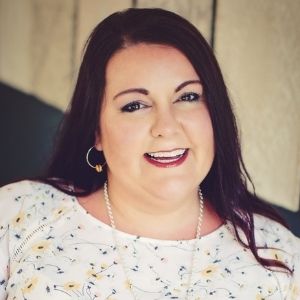 Beverly Wilburn, DAADOM, is the office manager of Karl A. Smith, DDS, LLC Periodontics and Implants … Opens in a new window to a dentist’s website…. She works with dental specialists on case acceptance and marketing services and consults for several dental malpractice attorneys on risk management and evaluation of practice administration systems.
Beverly Wilburn, DAADOM, is the office manager of Karl A. Smith, DDS, LLC Periodontics and Implants … Opens in a new window to a dentist’s website…. She works with dental specialists on case acceptance and marketing services and consults for several dental malpractice attorneys on risk management and evaluation of practice administration systems.
She is a Lifetime member of AADOM, a member of three local AADOM chapters in the Washington DC area and serves as the Executive Administrator for the Virginia Society of Periodontists.
Most recently in September of 2021, Beverly was inducted into AADOM’s first class of Diplomates.
